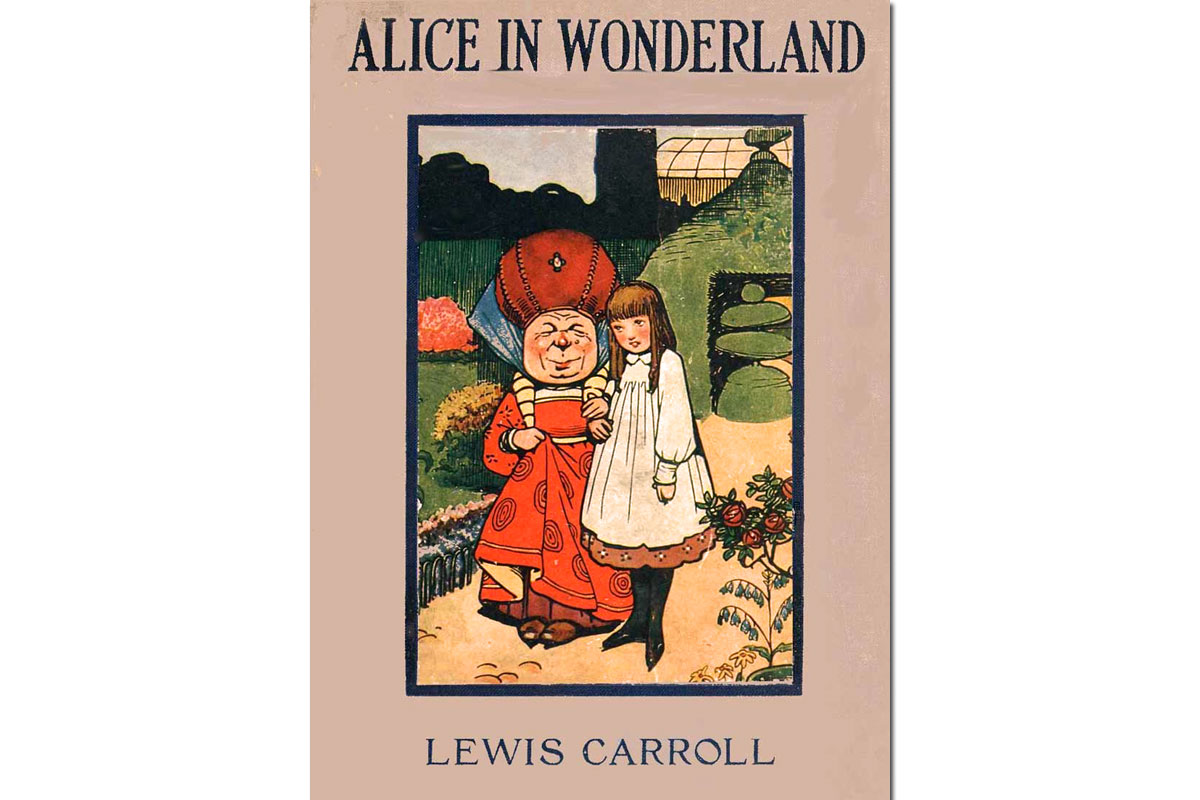
Update: The new 2020 report is a bit more optimistic.
Back in 2007, a National Endowment of the Arts report showed that fewer people read.
Americans in almost every demographic group were reading fiction, poetry, and drama—and books in general—at significantly lower rates than 10 or 20 years earlier.
According to the study, young people in particular were reading less than they did even 20 years prior, and this reading habit was diminishing as they reached their late teens. Things didn’t really change in college either:
By the time they become college seniors, one in three students read nothing at all for pleasure in a given week.
These habits were correlated with the habits of the family as a whole.
American families are spending less on books than at almost any other time in the past two decades….
The number of books in a home is a significant predictor of academic achievement.
According to the report, as the amount we read decreases, so does our comprehension, writing skills, and ability to get and hold a job.
Updated studies may show more promise in the area of reading. And many, if not most, homeschoolers are already aware of the benefits of reading — investing heavily in books and time reading to our children. But there is always room for improvement.
Here are 9 ways we can encourage a lifelong reading habit:
1. Start early.
Read to your children from infancy. Begin their library very early. Surround your surroundings with great books. It is never too early to read to a child — or too late!
2. Read aloud.
Set aside at least one special time each day to sit down together and enjoy a book. Continue this habit through adulthood!
3. Set the example.
Little eyes are watching. Be a homeschooled mom. If your children are accustomed to seeing you regularly devouring a good book, they will be more likely to pick up the habit.
4. Turn off the TV.
The television consumes reading time.
15- to 24-year-olds spend only 7–10 minutes per day on voluntary reading— about 60% less time than the average American. By contrast, 15- to 24-year-olds spend 2 to 2½ hours per day watching TV. This activity consumes the most leisure time for men and women of all ages.
5. Turn off the Internet.
Literary reading declined significantly in a period of rising Internet use. From 1997–2003, home Internet use soared 53 percentage points among 18- to 24-year-olds. By another estimate, the percentage of 18- to 29-year-olds with a home broadband connection climbed 25 points from 2005 to 2007.
6. Avoid “entertainment” sources.
The TV, Internet, social networking, edutainment, and other entertainment sources are not bad in and of themselves (I’m communicating to you through one). But like everything, if we cease to control them, they’ll control us.
20% of [middle and high school students’] reading time is shared by TV-watching, video/computer game-playing, instant messaging, e-mailing or Web surfing.
7. Don’t change your brain!
Research has shown that Internet and other media use changes our ability to read.
Just as neurons that fire together wire together, neurons that don’t fire together don’t wire together. As the time we spend scanning Web pages crowds out the time we spend reading books, as the time we spend exchanging bite-sized text messages crowds out the time we spend composing sentences and paragraphs, as the time we spend hopping across links crowds out the time we devote to quiet reflection and contemplation, the circuits that support those old intellectual functions and pursuits weaken and begin to break apart. The brain recycles the disused neurons and synapses for other, more pressing work. We gain new skills and perspectives but lose old ones….
[R]esearch continues to show that people who read linear text comprehend more, remember more, and learn more than those who read text peppered with links. [emphasis mine]
The Shallows: What the Internet is Doing to Our Brains by Nicholas Carr
8. Read quality literature.
Don’t forsake quality in an effort to get your child to read. Feeding your children twaddle to encourage them to read will backfire in the end. Do the reverse. Step up the quality. Yes, it is better to do this from the beginning, but it is never too late to improve the quality of the literature your children read. Even chocolate lovers get sick of too many bonbons.
9. Unplug.
Get back to nature. Find a slower pace. Build in some margin. Get quiet.
A series of psychological studies over the past twenty years has revealed that after spending time in a quiet rural setting, close to nature, people exhibit greater attentiveness, stronger memory, and generally improved cognition. Their brains become both calmer and sharper. The reason, according to attention restoration theory, or ART, is that when people aren’t being bombarded by external stimuli, their brains can, in effect, relax. They no longer have to tax their working memories by processing a stream of bottom-up distractions. The resulting state of contemplativeness strengthens their ability to control their mind.
The Shallows: What the Internet is Doing to Our Brains by Nicholas Carr










You must be logged in to post a comment.